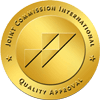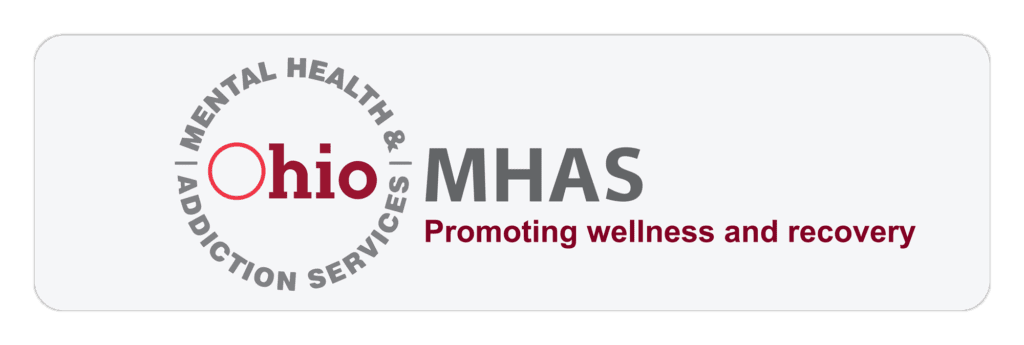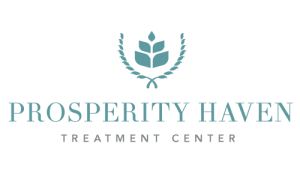Post-acute withdrawals can develop in some people after the initial acute withdrawal period passes. From start to finish, PAWS can last anywhere from six months to two years. This means preventing relapse during post-acute withdrawals will require continued effort and a sense of self-awareness.
While acute withdrawal symptoms are “acute” in the worst way, post-withdrawal tends to be less severe but no less threatening to your sobriety. Also known as post-acute withdrawal syndrome or PAWS, these symptoms come and go, lasting a few days to a couple of weeks at a time. Here are some ways to overcome drug- or alcohol-using urges along with a brief overview of PAWS symptoms.
What Is Post-Acute Withdrawal?
As a general rule, PAWS is most likely to develop in cases where drug (or alcohol) use was chronic or long-term due to the ongoing damage drug use does to the brain and body. In effect, the brain and body require more time to heal and PAWS is part of that healing process. Symptoms commonly experienced during this time include:
- Fatigue
- Frequent mood swings
- Aches and pains
- Muddled thinking
- Depression
- Anxiousness
- Problems sleeping
- Irritability
Here are a few helpful ways you can keep post-acute withdrawals from threatening your recovery:
Know Your Triggers
During drug use, the addict learns to cope with feelings of discomfort or distress by getting high. This is addiction’s stronghold. When drug use stops, you have to learn other ways to cope with these feelings in order to avoid relapse.
Triggers include anything that causes feelings of discomfort or stress. Triggers can be both internal and external, ranging from irritability and low self-esteem to feelings associated with certain people, places, or things. Since post-acute withdrawals can happen at any time, it’s important to be on alert for subtle shifts in your thinking and behavior.
Here are just a few common triggers to watch out for:
- Money worries
- Boredom
- Relationship problems
- Certain sights and smells
Stay Health Conscious
Getting and staying healthy is half the battle where sobriety is concerned. Not being able to sleep and feeling tired all the time can greatly increase your risk of relapse. While uncomfortable, post-acute withdrawals are part of the body’s healing process so anything you can do to support the body’s healing processes can go a long way towards helping your recovery process along.
Eating healthy provides the brain and body with the nutrients they need to repair and rebuild. Likewise getting proper rest serves the same purpose since the body’s systems use sleep-time to recover and regenerate. For this reason, if you continue to have problems sleeping, consider seeking medical help.
Mindfulness Meditation
Mindfulness meditation practice teaches you to stay in the moment and accept the good and the bad without judgment. In terms of relapse prevention, mindfulness can help you better manage drug-using urges as they come. This meditation approach expands your awareness by allowing you to see the cyclic nature of urges and cravings. Allowing these feelings to pass without acting on them becomes the focus of mindfulness meditation. Staying in the moment also helps the addict release his or her need to control uncomfortable situations and cope with emotional discomfort.
Individual Therapy
More than anything else, addiction affects the mind’s ability to reason and think logically. In effect, the mind has become dependent on the drug’s effects to function and cope with daily life. Individual therapy helps you identify the destructive thinking and behavior patterns that drive drug-using cravings and behaviors.
Individual therapy can take different approaches to accomplish these ends:
- Motivational therapy – helps build your motivation to maintain sobriety
- Cognitive-behavioral therapy – helps you replace destructive thinking patterns with a mindset that supports continued sobriety
- Contingency management – uses positive reinforcement to encourage abstinence from drug use
Join a Support Group
Support group meetings, such as 12 Step Program groups, can be invaluable when it comes to getting help when you need it most. Support groups offer safe environments for talking about the difficulties that come with post-acute withdrawals. Group participants are peers who share many of the same experiences and can offer support and direction during difficult times.
The recovery process isn’t easy but it’s doable. Taking steps to plan and prepare for post-acute withdrawal episodes offers the best way to prevent relapse from happening. If you have more questions or need help finding support resources, give us a call today at (440) 253-9915 to speak with one of our counselors.






